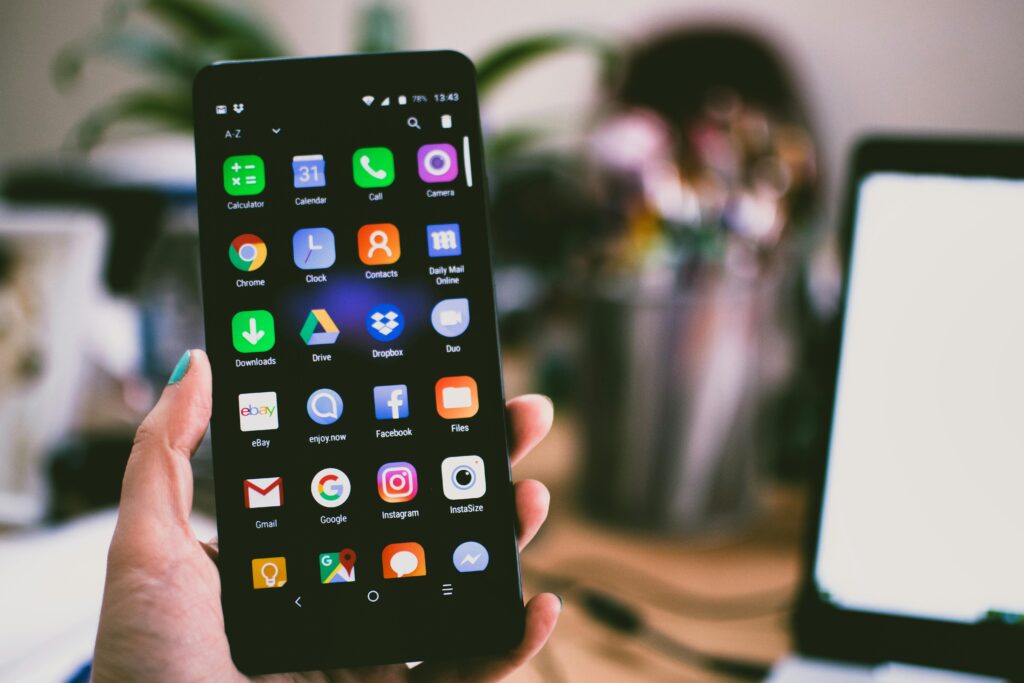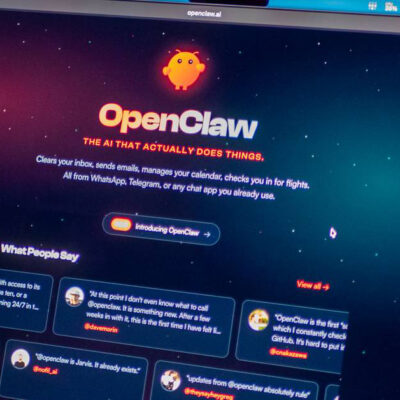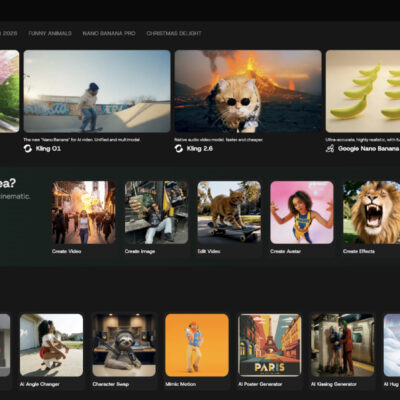
When it comes to naming your app, choosing a memorable name is vital. Names also need to enhance user trust and create a recognizable brand.
A name can help make your app stand out in a crowded marketplace, signal dependability, or create connections to values and things about your brand.
In this article, we will look at eight operational tips and tactics to create app names that are memorable to users and inspire trust.
Utilize AI-Driven Name Generators
AI-driven name generators can be an excellent resource for producing trustworthy app names. Platforms like Canva or BrandSnag use algorithms to create appropriate name suggestions based on keywords and industry trends. Language patterns help ensure the name is marketable and memorable and fits the app’s purpose.
For app developers, AI-driven generators are perfect for those of you who value time and want to see options explored but still retain control over your brand.
After you identify some names, tailor the name to maintain the tone of your brand’s voice. Using a professional business name generator feels modern and reflects on apps as being tech but trustworthy that users want to associate themselves with your app.
Aim for Simplicity and Clarity
The best app name type is simple, so it’s easier for users to remember and pronounce. Users trust apps with less complicated names. Use the simplest words possible and leave the jargon at home. Brands like “Slack” or “Zoom” are simple, short, intuitive, and universally understood.
Make sure the name ties to the app’s core function, like “Evernote” – for note-taking. The further up the cognition scale (with cognition being placed behind the App Store with low perception), the less complicated your name is, and the easier your potential users can access or relate to it.
Simple also reduces cognitive load for users accessing from history and can lower the user barrier for being accessible. Always play it safe. Test your names with different sample demographics to see if they are still simple.
This will also signal transparency to the users, which is critical for building trust with users. Aim for a short name (aim for under 10 letters) to maximize recall and brand awareness.
Reflect Your Brand’s Identity
Your application name needs to come close to reflecting your company’s values, culture, and personality if you want to make it a valid name. If your company is friendly and approachable, you may choose names like “Bumble” or “Huddle.”.
By ensuring that your brand messaging and app name coincide, you solidify the legitimacy of your brand and assure users. Your potential users should be researched before naming to verify what will resonate with them.
You should avoid using generic terms, diminishing your brand’s unique premise. A name that embodies your brand’s identity type will allow your potential users to have an emotional and sentimental connection to your brand, ensuring you have trustworthy results in the short and long term if they build trust with your app.
Make it Memorable with Creative Language
Creating a catchy, sticky name will build trust as the user recognizes the name over time as familiar. You can play with alliteration, the rhythm of phrases, or combine unique words like “TikTok,” “Snapchat,” etc.
Naming your app with something trendy that becomes obsolete quickly is also not the best practice. You can assess the stickiness or recall of your name by sharing it with potential users and seeing if they can recall what it was the next day.
Once a name sticks, it takes less effort to market it by just relying on your users to share it with others. Phonetics should be considered; consider the complexity of a name, as it might not translate well when speaking different languages.
Finally, catchy names are comforting because they further indicate a brand exuding confidence, which lets users explore an app with a higher sense of trust.
Research Domain Name and Trademark Availability
Before settling on your app name, check domain name availability and trademarks to reduce the risk of legal issues undermining trust in your app. Websites like GoDaddy Namecheap and other web hosting sites often have domain name auditing tools to provide you with the availability of a domain name so that your app may consistently be identified wherever it is found online.
As for trademarks, use the USPTO database to see if a trademark already exists.
Be especially cautious using a name when a trademark exists to avoid conflict. Having a unique name AND a domain name with a .com extension conveys professionalism to users and builds confidence they are downloading a believable app.
If the precise domain name is unavailable, use a minor change, but avoid using hyphens or numbers, as they can confuse users and drive them away. Establishing your intellectual property early grants you a seal of instant credibility for your app; it helps to build confidence in users that your app is legitimate and trustworthy.
Testing for Cultural Sensitivity
A quality app name demonstrates cultural awareness by recognizing cultural values to avoid offending users from the wider global audience. Research your target markets to avoid naming your app with another meaning or offensive interpretations in other languages.
The car brand “Nova” presents an example of this, which experienced challenges in Spanish-speaking markets, as its literal meaning translated as “no go.”
Involve focus groups or localization experts to test the name globally. A culturally apt name gives the impression of inclusion in products and cultivates trust in users among a diverse group.
Remember not to use names that include certain symbols or characters, as these characters may not correctly show up on devices across the globe. Having cultural awareness sets a perception of your app as welcoming and trustworthy.
Use Descriptive Keywords to Increase Searchability
Including keywords in your app’s title will increase searchability by making organic discovery easier and also assist in building trust.
For example, “Headspace” implies that the application is a meditation application and creates user expectations before they try out the app. Discover popular keywords on Google by researching standard search terms most users find in your app category. You want to balance meaningful keywords and something creative that doesn’t sound generic.
Using a descriptive name lessens hesitation and concerns about what the app will be like (as the user begins to build a mental model). If you will work on keywords, ensure the app name is still short after.
By increasing your discoverability in app store searches, keywords also embody professionalism, making it easier for users to trust and download your app.
Pilot-Test the Name Among Your Target Market
After you’ve generated a list of potential names for your app, you must get feedback from your target users to ensure that the name is correct and that users can trust the name. You can also pilot-test the potential name with the target users via surveys or focus groups.
You must ask the audience questions about how clear the name is, how appropriate the name is, and if the name inspires trust or not. Such product identification studies can be done using tools like SurveyMonkey or social media polls on platforms like X.
Once the audience has responded, you can analyze it to find themes or patterns. For example, did the audience prefer short names vs descriptive names?
After getting feedback from your target audience and iterating accordingly, the audience can see you are listening to them, which is typically associated with trustworthy brands.
A name that your users validate will seem familiar and credible, therefore increasing the chance of downloads and trust in your app for the future.
Endnote
Choosing a good name is instrumental in establishing trust with your users and encouraging engagement.
A strategic name that has been developed can ensure that the user experience is off on a positive note and maintains trustworthiness. A good name can bring in users and credibility and foster loyalty, helping your app compete in a crowded, competitive market.









